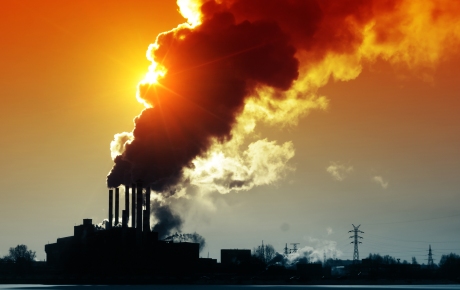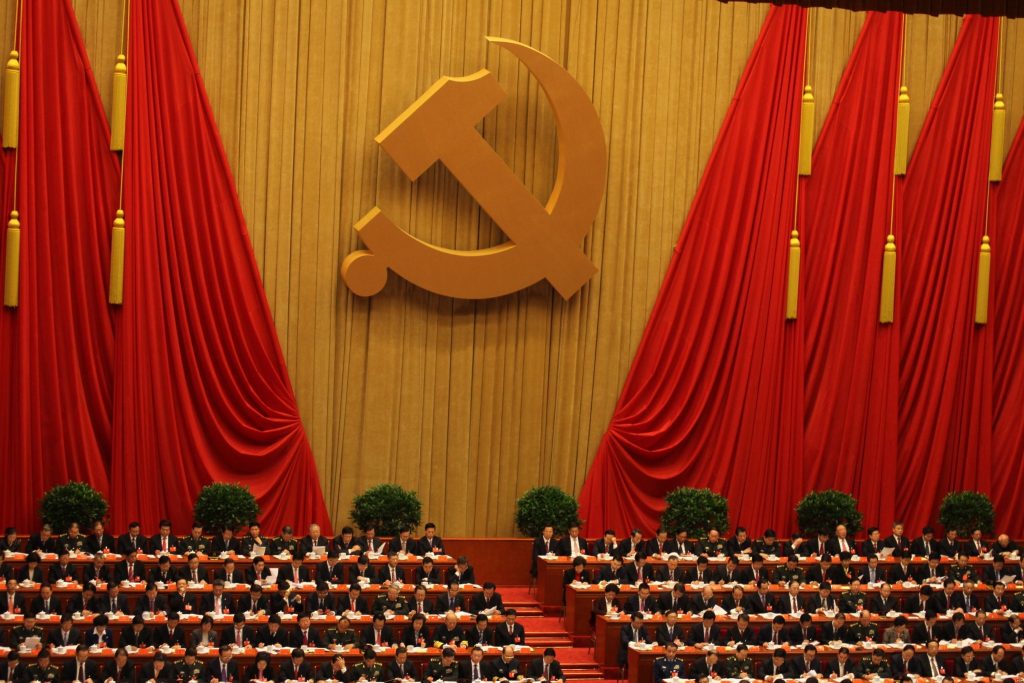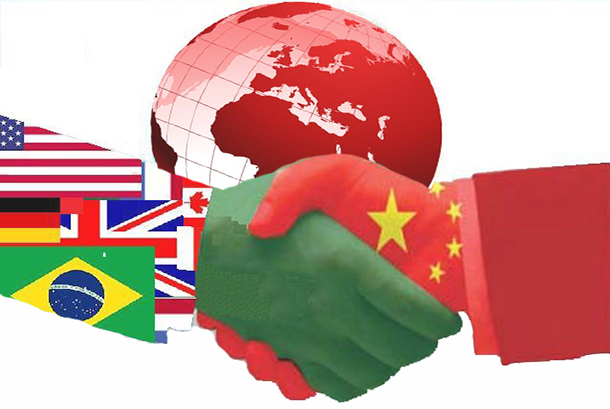Influence of Humans
Humans have played the most powerful and privileged role in pushing the Chinese sturgeon to extinction. When humans have thrived, the Chinese sturgeon has suffered. Human’s have contributed to this decline by…
- Building Dams
- Pollution
- Overfishing
- Climate Change

Human’s influence on the Chinese sturgeon is indicative of the greater powers of humans, as humans are the ultimate drivers of environmental change that has caused drastic anthropogenic climate change. The Chinese sturgeon, along with other endangered species, is at the ultimate low point of power with no means to defend themselves against human’s degrading practices.
Government
Within human’s power, the Chinese government is generally at the top with the greatest power. The vast majority of power and decision-making in China resides with the government because it is controlled by the single party in power, the Communist Party of China, and operates as a top-down system.

The government has flexed these powers before in benefit of the Chinese sturgeon, granting it the highest level of protection status in 1988 (Zhuang et al., 2016). For the most part though, the government has used its power to contribute to the Chinese sturgeon’s demise. Dam construction has been the most influential factor to impact ecosystems, and the giant dams project on the Yangtze River were started and supported by the Chinese government.

Another important player to consider in affecting China’s environment is the influence of Western countries. Industrialization as a cornerstone of Chinese politics and economics in the past half a century has decimated the environment. Much of this industrialization has come as a result of Deng ending China’s isolationist policy and allowing Western countries into China. China’s shift to an almost entirely market based economy lends greatly from the economic success of Western capitalist models.
Smaller Communities
Smaller communities also have their share of influence. Chinese communities have hurt the Chinese sturgeon by historical overfishing, and agricultural practices that have led to increased runoff (Jiao et al. 2015). The weight of these smaller communities are also an important component to consider, because it goes to show how all humans can have such a powerful impact on the environment.
Sources:
Choesang, Yeshe. (2015). “Is Today’s China Poisoning the West?.” [image] Retrieved from http://www.thetibetpost.com/en/outlook/opinions-and-columns/4459-tibet-and-the-global-economy-is-todays-china-poisoning-the-west
Jiao Nian-Zhi Chen Da-Ke Luo Yong-Ming Huang Xiao-Ping Zhang Rui Zhang Hai-Bo Jiang Zhi-Jian Zhang Fei. (2015). Climate change and anthropogenic impacts on marine ecosystems and countermeasures in china. 气候变化研究进展:英文版, 6(2), 118-125.
Pixabay. (2014).“Smoking Chimney.” [Photo] Retrieved from https://pixabay.com/en/smoke-smoking-chimney-fireplace-258786/
Wikimedia. (2012). 18th National Congress of the Communist Party of China. [Photo]. Retrieved from https://commons.wikimedia.org/wiki/File:18th_National_Congress_of_the_Communist_Party_of_China.jpg
Zhuang, P., Zhao, F., Zhang, T., Chen, Y., Liu, J., Zhang, L., & Kynard, B. (2016). New evidence may support the persistence and adaptability of the near-extinct Chinese sturgeon. Biological Conservation, 193, 66-69.
